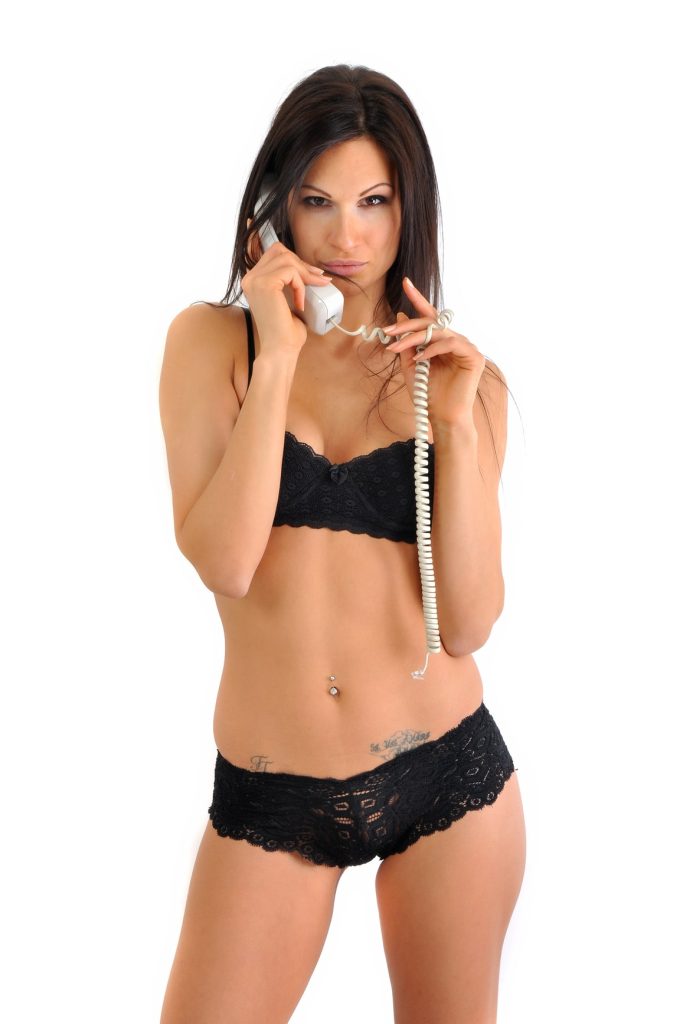Soft lesbians are a diverse group. They can be cisgender, transgender, genderfluid, agender or non-binary.
A soft butch is a lesbian who displays masculine mannerisms while also having a more feminine expression.
There are many types of butch and femme styles, but soft butches have recently popped up in the LGBTQ+ community.
Butch
Butches are a unique subset of the LGBTQ+ community that have been historically marginalized. This is a result of a long legacy of misogynist and heterosexist culture.
Butch lesbians are known for their swagger, a 1950s-inspired “Rebel Without a Cause” confidence. They often wear boots and cuffed jeans, and may sport wallet chains or gold necklaces.
They can also be seen wearing leather jackets, work boots or even masculine-style suits. They can also be a strong feminist and advocate for gay rights.
Some soft butches also like to express their masculine side in other ways, such as using masculine pronouns or a masculine name. They may also enjoy playing sports and other traditionally male activities.
The term “butch” came into the queer community in the 1940s and 50s as a way of identifying butch women who were redefining femininity. These women were reclaiming femininity from the male gaze and refusing to be defined by gender norms.
Chapstick
Chapstick is a product name for lip balm, first introduced by Charles Browne Fleet in 1880. It is a stick form of lip balm that relieves chapped lips. The formulation contains ingredients such as camphor, beeswax, menthol, petrolatum, vitamin E and a variety of other compounds.
Depending on the brand, ChapStick may be available in special flavors developed in connection with marketing partners such as Disney (as in cross-promotions with Winnie the Pooh or the movie Cars) or charitable causes such as breast cancer awareness, in which 30C/ is donated for each stick sold.
A soft lesbian is a woman who is somewhere in the middle between a lipstick lesbian and a butch lesbian. They are strong women who know how to fix things around the house but like to take care of their lips and rock a great jacket.
Bisexual
Bisexuals are people who are sexually attracted to both men and women. They do not have to be equally attracted to each gender, though they may feel a strong attraction to both genders at one time.
It can be confusing to identify as bisexual, but it’s normal. Getting to know yourself, your feelings and what makes you happy is important.
Many bisexuals also have other sexual orientations, such as agender or gender-fluid. This can be a great way to explore your sexuality and find new ways to express it.
Stem lesbians or soft butchs are a subgroup of bisexuals that have some stud characteristics, but they don’t necessarily fit the stereotype of being a straight lesbian or butch. They’re very feminine and care a lot about their appearance.
In recent years, there has been a movement to include more fluid and pansexual identities within the LGBTQ community. This can help to dispel some of the myths that surround bisexuality. It can also be helpful to talk about your identity in a non-binary or gender-fluid way, so that others are able to understand you better.
Feminist
The feminist movement is a movement that seeks to end oppression and gender inequality. However, this movement has not yet been inclusive of women who identify as lesbians.
One way that feminism has not been inclusive of lesbians is through the use of the word “lesbian”. Feminists believe that this term limits women’s power in the world and society because it is used to judge them when they don’t fit into the mold of the “real” woman.
In the early 1970s, The Women Identified Woman played a huge role in creating a voice for lesbians within the feminist movement. By defining lesbianism as a political choice rather than a sexual alternative, Radicalesbians helped disarm heterosexual feminists and create an open space for lesbians to join the feminist movement.
In the same vein, soft femmes are a feminist movement that focuses on feminine qualities like vulnerability and softness. These qualities are positioned as necessary for women to thrive and be successful in life, but they also help them resist victimization.


